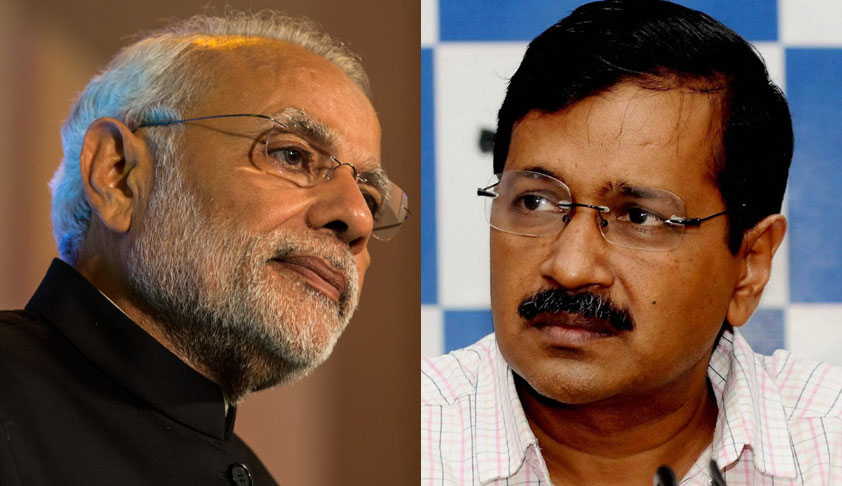Delhi Govt Vs LG:SC Questions Centre’s “Intervention In National Interest” Argument
LIVELAW NEWS NETWORK
30 Nov 2017 12:30 PM IST

Next Story
30 Nov 2017 12:30 PM IST
The Supreme Court constitution bench hearing the Kejriwal government Vs Lt Governor turf war posed pointed questions to the Centre on its argument that “national interest” was the guiding principle for it to intervene in day-to-day affairs of the national capital through the Lt Governor.It all began when the Centre through Additional Solicitor General Maninder Singh told the five...
